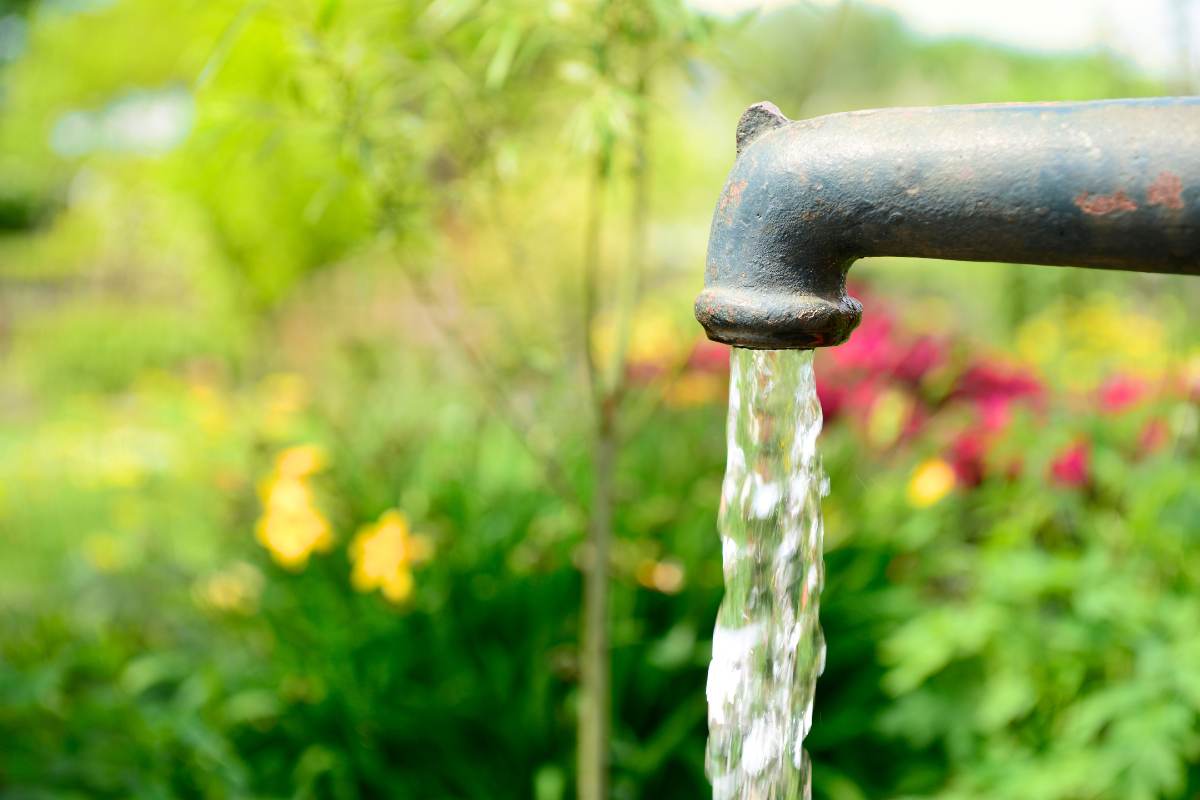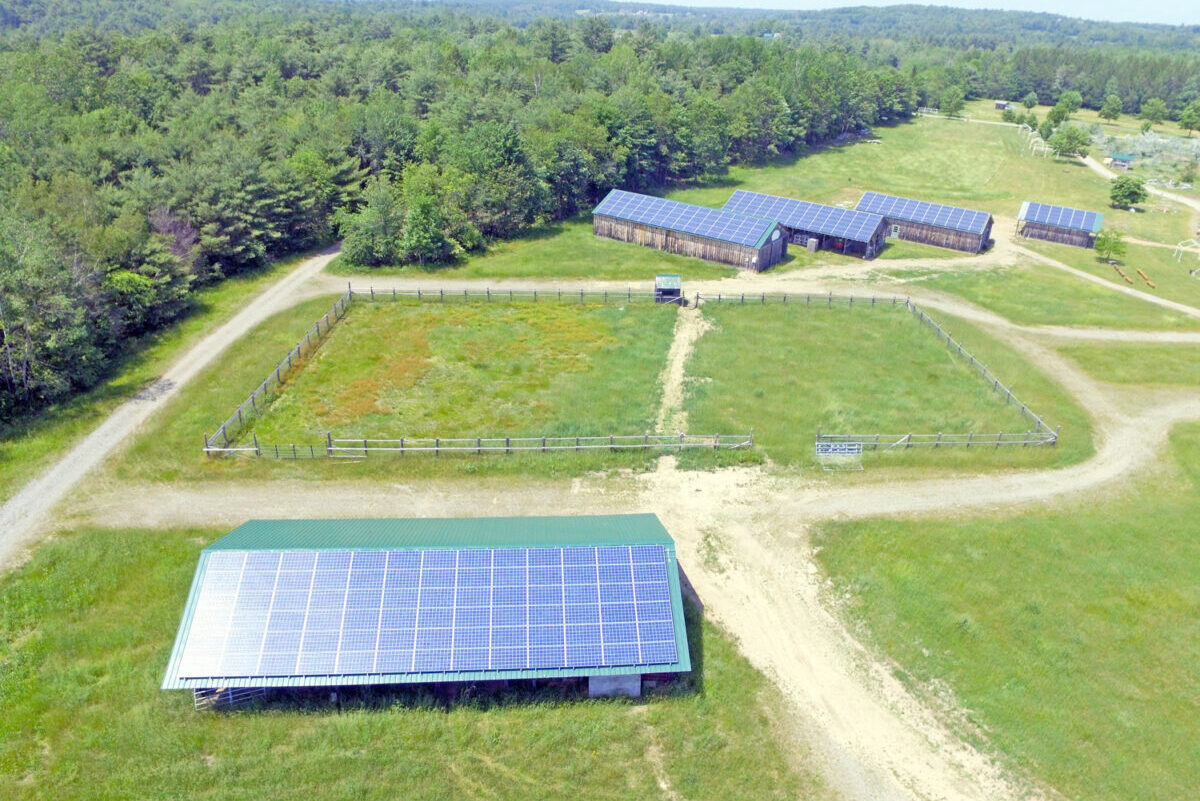When it comes to dependable water flow, Franklin electric water pumps deliver consistent performance in both residential and agricultural settings.
Whether you’re maintaining a small homestead or managing irrigation on a mid-sized farm, the right water pump can make all the difference.
I’ve learned this the hard way.
A few years ago, our well system failed right at the peak of summer, leaving us with limited water access for both drinking and crop care.
After trying a few patchwork fixes, I finally upgraded our setup with a submersible pump powered by a durable, energy-efficient motor.
That change didn’t just restore water—it brought peace of mind.
We went from daily guesswork to a fully automated system that ran quietly in the background.
I’ve since recommended this kind of pump system to neighbors, especially those dealing with variable water pressure or long vertical lifts.
It’s not just about pumping water.
It’s about having a system that supports your way of life—reliably, day after day.
Franklin electric water pumps are specifically built for these kinds of challenges.
They’re built to handle depth, distance, and demand without compromising efficiency.
Built for Consistency and Longevity
Let’s be honest—nothing’s more frustrating than a pump that gives out right when you need it most.
That’s why homeowners and farmers prefer equipment that lasts.
These pumps are engineered with heavy-duty components designed to resist corrosion, handle sediment, and operate under fluctuating voltage conditions.
I remember visiting a friend’s vineyard where one of these pumps had been running for over seven years, nonstop through every harvest, frost season, and dry spell.
Maintenance?
Almost none.
Just the occasional check-up to clear debris and verify the voltage.
That’s the level of durability that makes a difference over time.
Smart Design That Saves Power
Modern water systems need more than brute force—they need efficiency.
Many of these water pumps come equipped with variable speed drives and intelligent motor controllers.
What that means in practice is simple: the pump only uses as much power as necessary.
I’ve seen energy bills drop significantly after swapping out older constant-speed pumps.
It’s not just the initial investment that matters—it’s what you save in electricity and repairs over the next decade.
Especially in remote areas or off-grid installations where power consumption is a real concern, this smart control is a game-changer.
Perfect for Deep Wells and High-Volume Needs
If your property uses a deep well or supplies water across large distances, choosing the right pump size is critical.
These water pumps offer various horsepower levels and flow capacities, giving you control over exactly what your setup requires.
One client I consulted for had a horse ranch with multiple outbuildings, troughs, and irrigation zones.
After calculating the total demand and elevation changes, we chose a multi-stage pump setup.
It worked so well that he later extended the system to include his garden and barn wash station
Easy to Integrate With Existing Systems
Another standout feature is how these pumps integrate with existing plumbing, controllers, and tanks.
Whether you’re running a pressure tank system or have a backup generator in place, the compatibility is there.
Most units are modular and easy to swap without needing custom fabrication or expensive fittings.
When we replaced our old pump, it was a same-day job with minimal interruption.
Just a few wire connections, a system flush, and the new unit was online.
This kind of plug-and-play approach saves time—and in rural areas, that’s everything.
A Good Fit for Both Seasonal and Year-Round Use
Not everyone needs a pump to run 24/7.
Some only need high-volume flow during crop cycles or summer watering.
That’s where the versatility of these pump systems shines.
They can be configured for intermittent use without sacrificing performance.
At my uncle’s orchard, the pump only kicks in during late spring through harvest.
Even after months of downtime, it starts right back up without hesitation.
No priming. No drama.
Just water when and where it’s needed.
Quiet Operation You’ll Barely Notice
Let’s not overlook sound.
Some pumps roar like a generator and become a constant background annoyance.
These models, on the other hand, are quiet by design.
Ours is buried about 80 feet down, and the only time I notice it’s on is when the pressure switch clicks.
That kind of silence is priceless—especially when your living quarters are close to the pump house.
Real Reliability, Real Value
In rural setups where water is life, there’s no room for unreliable equipment.
That’s why so many folks I know swear by these pumps—not because of brand loyalty, but because they simply work.
They show up during a drought, a frost, or a livestock emergency—and they keep working.
And the upfront cost?
It’s more than made up for in reduced maintenance, better energy usage, and years of solid performance.
FAQs
What size water pump do I need for my home?
It depends on your water demand, elevation, and pipe size. A professional installer can calculate GPM (gallons per minute) and pressure requirements.
Can these pumps work with solar systems?
Yes, especially with the right controller. Many rural homeowners are pairing them with off-grid solar kits for sustainable water access.
Are they suitable for saltwater or chemical-heavy water sources?
Generally, they’re made for freshwater systems. If you have high iron, sulfur, or salinity, specialized components or filters may be required.
Final Thoughts: Water You Can Count On
Choosing the right pump isn’t just a technical decision—it’s about peace of mind.
When you’re running a farm, managing a household, or just trying to keep your garden alive, you need water.
And you need it to flow when you turn that tap.
A rugged, reliable water pump makes sure that happens.
Day in, day out.
Even when you’re not thinking about it.
That’s the kind of quiet support you want behind every successful homestead.








